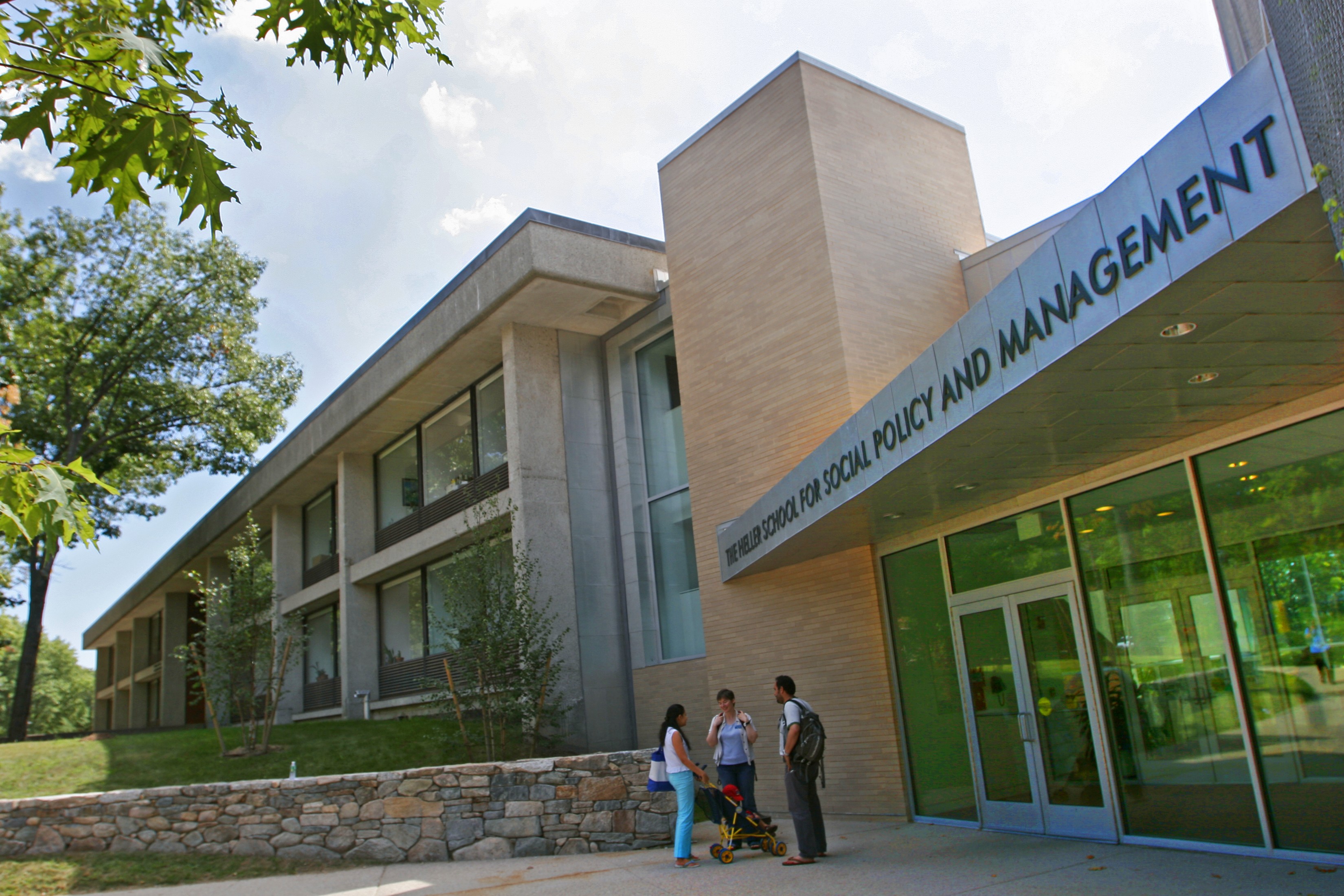
Community Living Policy Center research highlights policies and programs related to the provision and quality of Home- and Community-Based Services. Research projects for 2018–2023 were organized by the following three priority areas:

Community Living Policy Center research highlights policies and programs related to the provision and quality of Home- and Community-Based Services. Research projects for 2018–2023 were organized by the following three priority areas:
In collaboration with health plans, the CLPC will develop administrative and survey measures to assess the extent to which a service plan is person-centered and the extent to which the level of person-centeredness is associated with health and community living outcomes.
Investigators: Joe Caldwell, Monika Mitra, and Ilhom Akobirshoev
The CLPC will conduct a formative evaluation of two promising practices: One Care; and the Massachusetts dual eligible demonstration. The goal of this evaluation is to bring principles of independent living and mental health recovery into managed LTSS.
Investigators: Dennis Heaphy and Joe Caldwell
The CLPC will develop a tool kit to assist state advocates with implementation of the HCBS Settings Rule. This project will involve assessing the needs of state advocates, synthesizing and translating information about the Rule and research findings on community living, monitoring trends in state implementation, and identifying promising practices.
Investigators: Julia Bascom and Monika Mitra
The CLPC will analyze survey data to measure extent that housing acts as a barrier to community living. Under the scope of this project, the CLPC will also study innovative practices in providing housing for people transitioning out of institutional settings or at risk of institutional placement.
Investigators: Mary Lou Breslin, Tatjana Meschede, and April Young
This project consists of two analyses of secondary data sources to examine unmet needs for HCBS and impacts on outcomes. Firstly, data from the National Core Indicators–Aging and Disability (NCI-AD) survey will be analyzed to explore associations between unmet needs for HCBS, program characteristics and community living and health outcomes. NCI-AD data will be explored across states and programs (Phase 1) as well as linked with utilization data in one state (Phase 2). Phase 3 analyzes newly available data from California on unmet need for LTSS.
Investigators: Steve Kaye, Joe Caldwell, Julie Bershadsky, and Ilhom Akobirshoev
Timely demand-based generation of data reports to address urgent and developing policy issues. Based partly on requests from partners, ACL/NIDLRR, other agencies or advocacy organizations, the CLPC will select at least one topic per year to address using survey, administrative, expenditure, or other data.
Investigators: Steve Kaye
The CLPC will convene workgroups of community living policy experts to (1) identify and analyze at least five pressing policy issues over the course of the funding period; (2) study the policy and any existing proposals to amend the policy; (3) review literature relevant to the policy, including any research findings or evaluations; and (4) develop policy recommendations to address the issue.
Investigators: Joe Caldwell, Henry Claypool, John Tschida, Robyn Powell, Mike Oxford, Mary Lou Breslin, and April Young